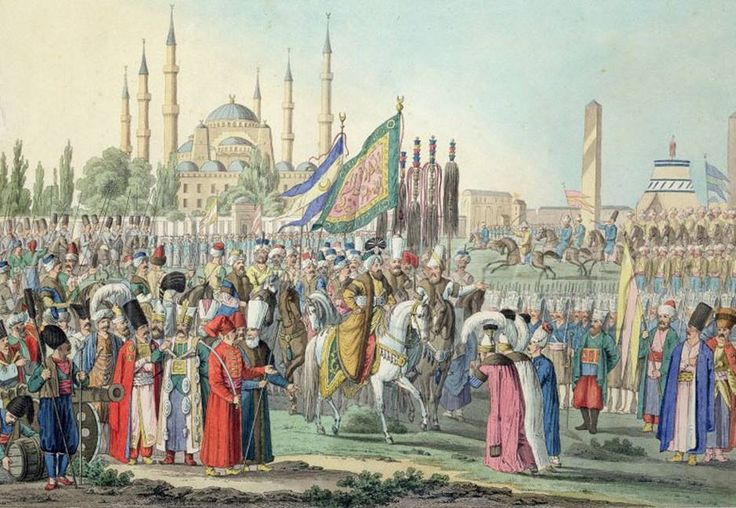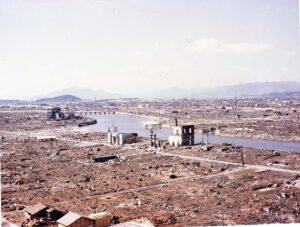Eid: Caught between spiritual oasis and consumerist paradise
By Khaled Diab
Despite having acquired some 21st-century trappings, Eid al-Fitr's mix of religion and revelry is hundreds of years old.

20 July 2016
For Muslims who have fasted the month of Ramadan, the festival which follows, Eid al-Fitr, is like finding an oasis after a long, thirsty, hungry trek through the desert.
Despite some national and regional variations, the basic form of Eid is surprisingly consistent across the Muslim world, when up to 30 days of fasting give away to (generally) three days of feasting.
Eid celebrations start early and piously, with a special public prayer shortly after sunrise. Mosques, public squares and parks resonate with the repeated, rhythmic, spontaneously coordinated chanting of the congregated worshippers, which is echoed by those still on their way, who sing along, as if, like bats, the faithful locate one another sonically.
Although I don't pray and am a-religious, I am still moved by the beauty of this spiritual surround sound, the diffuse, deflected wave of repetitive and repeated rhythm which echoes all around, like swarms of migrating birds singing with joy.
Children are decked out in their Eid best, dressed in gleaming new clothes purchased (unless they can't afford it) specially for the occasion in the frantic and frenetic last days of Ramadan, and sport new haircuts, with their skin scrubbed till it glows.
With varying degrees of patience or impatience, they tag along with the adults to the mosque, but their minds are usually elsewhere, on the explosion of fun that is to follow. And explosive it quite literally can be.
Although I remember little of my early childhood in Cairo, I recall how the silence following the prayers didn't last long, and the streets of Cairo would erupt in a cacophony of bangs. It was like a juvenile war-playzone, as kids, including myself, threw “bomb” (with the final ‘b' pronounced) on the pavement, streets and even against walls, littering the streets with the paper and gunpowder debris of fun.
I also loved going to funfairs, amusement parks or parks to play – a tradition that is still alive and well, judging by how all these facilities are heaving in metropolises like Cairo, where green space is now at such a premium that poor families make do with the grassy islands in the middle of busy roads.
In London, going to the Regents Park mosque was the only public place where I got a sense of Eid. And afterwards, we would either invite Arab friends round to our place or be invited round to theirs to enjoy festive delights and delicacies. When I used to fast Ramadan, it felt odd during Eid to be eating during daylight hours, and sometimes I would stop mid-chew in confusion, before recalling that it was okay to eat.
If anything sums up Eid, it is family and friends, with liberal, generous servings of food. People who live away from their families tend to head to their hometowns and villages for Eid, while urban dwellers often dedicate the first day to family and the subsequent two days are spent out of town, often at the beach.
In many countries, this festival is known as the “sweet Eid” because of the preponderance of desserts consumed. In Egypt, the seasonal favourite is “kahk”, a biscuit which can be stuffed with various fillings and is sprinkled with icing sugar.
In recent years, I have been hearing increasing lamentations and complaints about the “commercialisation” of Eid, how it is losing its “simplicity” and “spirit”, and how it is growing increasingly to resemble Western Christmas, a secular rather than spiritual season.
Although this holds some truth, I feel it is largely based on sentimentality for a fabled, storied past that never actually existed. Eid, like Ramadan and other religious festivals, has always been a mix of the spiritual and the commercial, the sacred and the profane.
And unlike Christmas in many Western countries, the religious aspect continues, with mosques full for Eid prayers, and the marathon tarawih praying sessions of Ramadan.
For instance, in Egypt, many of the festive, consumerist traditions we associate with Eid and Ramadan, from the special lamps called fawanies to kahk and other sweets, date back to the Fatimid caliphate (909-1171). The caliphs of the time would organise lavish public banquets and events, and shower the population with new clothes and a diverse range of sweet delights.
In late Ottoman Jerusalem, Eid el-Fitr was accompanied by a massive fair and feast outside the old city's walls which featured food, merry-go-rounds, races and even peep shows, known as sanduq al-ajaib. This sounds considerably more festive than Eid in contemporary, conflict-ridden, isolated, besieged East Jerusalem.
The Palestinian musician and bon vivant Wasif Jawhariyyeh recalled with fondness in his memoirs how lively the Ramadan and Eid season were during the late Ottoman period, with late-night musical entertainment and, in the pre-television soap opera age, extremely popular puppet shows.
Of course, technology and greater affluence have made some changes. For instance, instead of the traditional hakawatee (storyteller) and puppeteers, people now watch specially made Eid and Ramadan TV programmes, albeit annoyingly interspersed with endless ads.
When I was a child, I remember the flurry of activity from early in the morning as my grandmother marshalled my aunts to bake trays of kahk. But for ease and convenience, my aunts, like millions of Egyptians, now buy their Eid sweets ready-made.
And as the economy nosedives, Eid is actually becoming more austere, not materialistic, for poorer Egyptians, who can't afford the increasing prices of clothes, outings and festive delicacies. This is happening elsewhere in the Arab and Muslim world too.
____
Follow Khaled Diab on Twitter.
This article first appeared on Al Jazeera on 6 July 2016.

